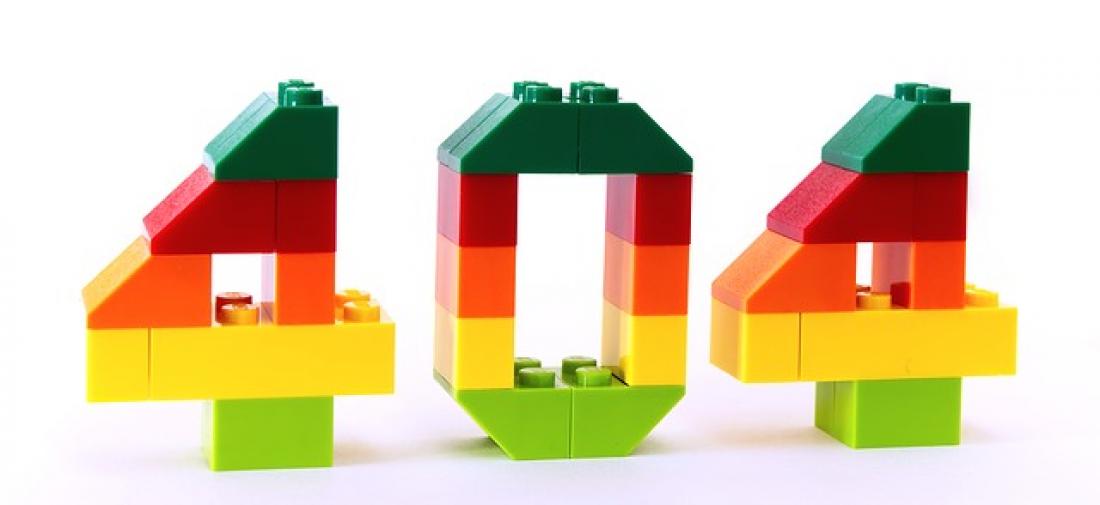
In civil litigation, the solicitor’s main duty is to their client and to the court, but to what extent do they have a duty of care to the opposing party?
In June 2019, the Supreme Court ruled on the case of Woodward & Another v Phoenix Healthcare Distribution Ltd. In this case, the appellants’ solicitors, Collyer Bristow, said that they had served the claim form and particulars of claim on the respondent’s solicitors, Mills & Reeve. However, they failed to confirm that Mills & Reeve was authorised to accept service and, as they were not, the claim form expired unserved.
The initial ruling saw Master Bowles agreeing that the court should validate the service retrospectively as Mills & Reeve had failed to support the overriding objective and their conduct demonstrated ‘deliberate playing of a technical game’.
However, on appeal, His High Honour Judge Hodge QC dismissed the action, stating that Civil Procedure Rules did not require a solicitor to draw attention to an opponent’s mistake.
This ruling referred to that of Lord Sumption in the Barton case where he said that the solicitor was under no duty to advise the claimant and could not have done so without taking their own client’s instructions, and it was almost certain that their clients would not agree to their solicitors pointing out the other side’s mistakes.
In the Supreme Court ruling, Lady Justice Asplin said that Lord Sumption’s approach disproved any notion that Mills & Reeve’s conduct was contrary to procedure rules and ruled that there was no ‘technical game playing’. She added:
“Lord Sumption made clear that even if there had been time to warn, the defendant’s advisers were under no duty to give advice, they could not have done so without taking instructions and it was inconceivable that they would have been authorised to do so”
This ruling is helpful to solicitors who may wonder where their duty to the court ends. However, this case dealt with a situation where the other side was represented.
Is a solicitor’s duty of care changed when their opponent is a Litigant in Person?
A litigant in person (LIP) is commonly defined as an unrepresented party, a self-represented party or a self-represented litigant. Different considerations often apply to LIP because they must deal with a legal system that is designed for lawyers, which is often too complex and obscure for them and, therefore, efforts must be made to redress this disadvantage.
None of a solicitor’s professional duties impose a positive obligation to assist an opposing party who is a litigant in person, as their main duties remain to their client and the court.
In the previously mentioned case of Barton v Wright Hassall LLP (2018), a 3:2 majority in the Supreme Court ruled against the claimant litigant in person who had served a claim form on the defendant’s solicitors without first checking if they would accept service by email. As a result, the claim was time-barred. Therefore, this finding firmly rejected the suggestion that the defendant’s solicitor had a duty to inform the claimant of his error.
Despite this, all solicitors have to comply with the Solicitors Regulation Authority code of Conduct 2011 and there are several mandatory principles within this which are particularly relevant when dealing with litigants in person. For example, a solicitor must not take advantage of third parties and must behave in a way that maintains public trust in solicitors and the provision of legal services. Additionally, although a solicitor is under no positive duty to assist a self-representing opponent, offering a LIP some practical, procedural assistance may assist the client to progress litigation.